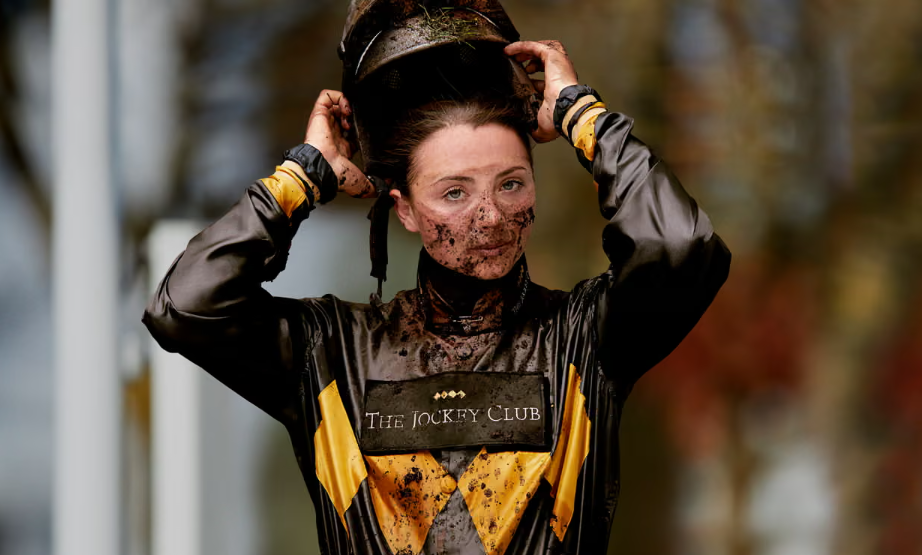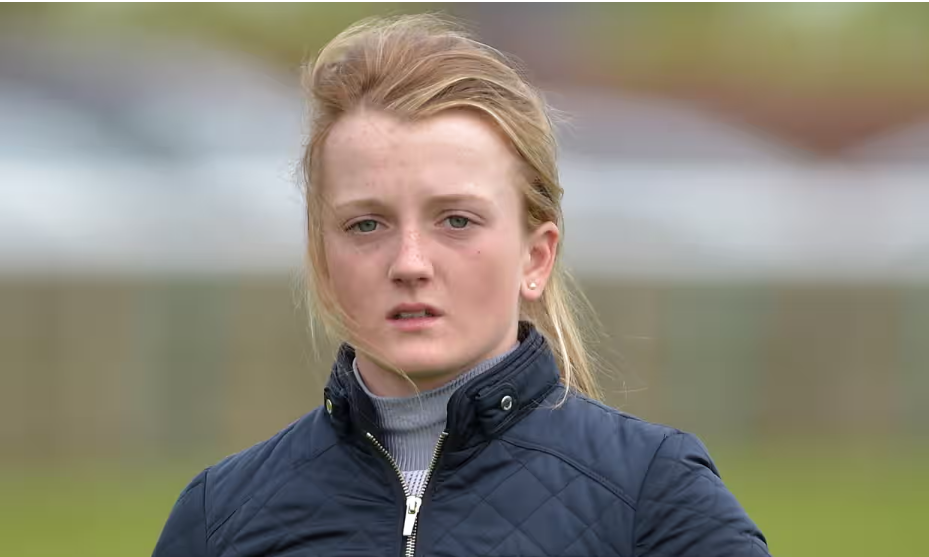Bryony Frost’s French Revival: Why Her Auteuil Win Matters More Than You Think

When Bryony Frost steered Good Girl De Faust to victory in the Grade 3 Prix de Chambly at Auteuil on 18 September 2025, it wasn’t just another win for the record books — it was a decisive statement. Not a loud one, not a dramatic one, but a clear marker: she’s still here, still riding, and still pushing boundaries in a sport that rarely makes space for second chances, especially for women.
The story of Bryony Frost has often been framed through sentiment — daughter of Grand National-winning jockey Jimmy Frost, poster girl for the underdog, the beaming face of racing’s feel-good moments. But behind the headlines and easy narratives is a rider with one of the most compelling, and complicated, careers in modern jump racing.
Frost’s rise came fast. After cutting her teeth in point-to-points and pony racing in Devon, she turned professional in 2017 and was winning Grade 1s within two years. Her partnership with Frodon redefined what was possible for women in the sport. Their 2019 Ryanair Chase win at Cheltenham wasn’t just a ‘first’ — it was a breakthrough. She became the first woman to win a Grade 1 chase at the Festival. That matters. Not just for gender parity, but because it came not through novelty or tokenism, but through tactical mastery and a deep understanding of the horse beneath her.
Then came the King George VI Chase in 2020 — another historic win, again with Frodon, this time against some of the best in the business. These weren’t flukes. These were top-tier performances in top-tier races, against top-tier opposition.
But Frost’s impact extends far beyond race results. In 2021, she spoke publicly about a toxic culture in the weighing room. Her testimony during the Robbie Dunne case was a watershed moment for British racing — exposing longstanding issues around bullying, gender dynamics, and institutional silence. It cost her. She became a lightning rod for criticism, was sidelined by sections of the sport, and for a time, her career seemed to stall. But she didn’t back down.
So when she announced her move to France in early 2024 to become retained rider for Simon Munir and Isaac Souede, it felt less like a detour and more like a calculated decision to rebuild on her own terms. It was a move that many wouldn’t have made — walking away from the familiarity of British racing to start over in a country where she had no guaranteed fanfare, in a system not exactly known for embracing outsiders.
French jump racing is different. The rhythm, the pace, the style of riding — even the tracks themselves — require adaptation. It’s a learning curve that can break a lesser jockey. But Frost has taken it head-on. That Auteuil win, judged to perfection on an inexperienced mare, showed she hasn’t lost her edge. It wasn’t just about beating the better-fancied Olga De Kiev. It was about reading the race, settling her mount, producing a timely challenge — and delivering under pressure, away from home, in a new chapter of her career.
This isn’t a puff piece — and it shouldn’t be. Frost’s story isn’t just about perseverance, it’s about evolution. She’s not clinging to past glories or rehashing old stories. She’s actively rewriting her own, away from the British press pack, away from the hype, and away from the noise.
Why should people care? Because in a sport so often driven by lineage, politics, and privilege, she continues to prove that merit still matters. Because she’s showing that there is life — and success — beyond the UK weighing room, and that female riders can thrive on the international stage without having to carry the flag for anyone but themselves.
And perhaps most importantly: because this chapter isn’t about proving the doubters wrong. It’s about proving herself right.





